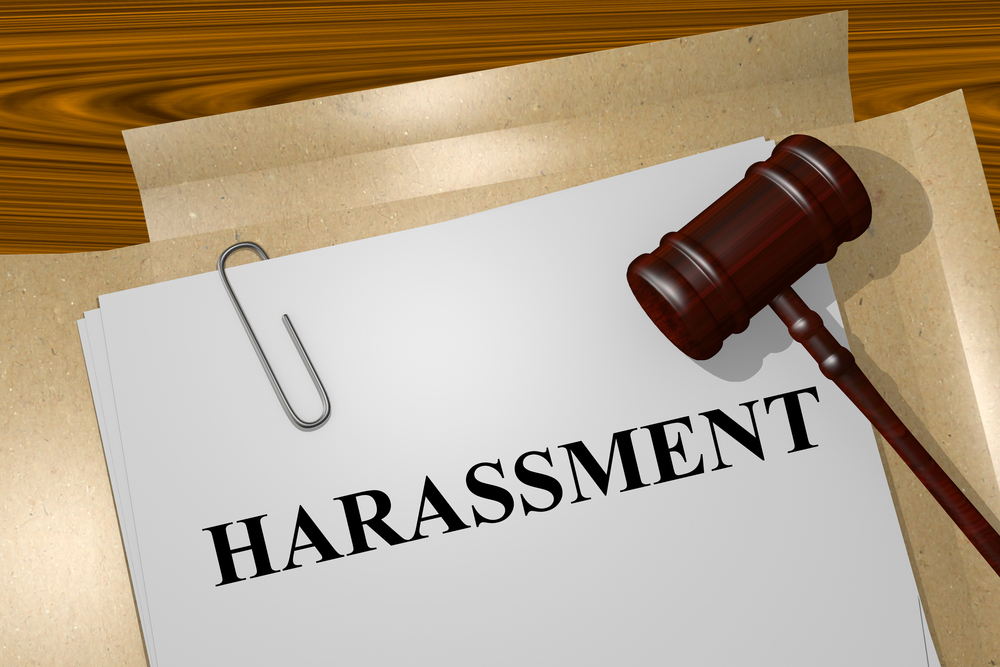Stories about discrimination and harassment in the workplace are not only dominating news feeds across the country, they’re also dominating legislative agendas. Several state and local governments have either enacted or are in the process of creating laws that aim to ensure employees work in harassment-free environments. The states of New York and California have already instituted sweeping new harassment laws that businesses must follow, and many more are following suit.
What Do California and New York’s Harassment Laws Mandate?
Even if you don’t operate in California or New York, understanding the requirements of their harassment laws may help you stay ahead of legislation in your area. In general, these five factors seem to be the focus of new laws:
- Written policy requirement. State and local governments are mandating that businesses have a written harassment prevention policy in place. All employees must acknowledge receipt of the policy, and supplementary posters and other materials may be required.
- Mandatory training. The newly enacted laws in New York and California both require initial training and refresher training for all employees. In California, supervisors are required to take two hours of training and employees are required to take one hour. Training can be taken online if the programs include interactivity and assessment. Each new law has very specific requirements for what must be included in the harassment training, but it does give businesses some flexibility on how training can be delivered.
- Role of the supervisor. Legislative efforts are also focusing on how supervisors can specifically prevent harassment by mandating steps in the investigation process. Most notable is that supervisors are required to investigate any instances of harassment that they become aware of. Supervisors who skirt their responsibilities can often be held personally liable under the law.
- Bystander intervention. New York City’s harassment prevention law requires training on bystander intervention. This regulation doesn’t require bystanders to take action (unless they’re in a supervisory position), but it is aimed at giving them the tools they need to help stop harassment if they witness it.
- Arbitration clauses. Laws in California, New York, Washington, Vermont, and Maryland ban mandatory arbitration clauses, providing victims of harassment with more options for reparations.
Train on Harassment Prevention before You Have To
Being proactive is the smartest way to mitigate the risks you face as a convenience store operator. If you work toward implementing a harassment prevention program based on factors that are the focus of changing legislation, you’ll not only be ahead of the game in your state, you’ll also be protecting your employees, your business, and yourself. Training your staff on harassment prevention and reporting now may mean you won’t be scrambling to do it if and when legislation is enacted in your state or city.
Online Harassment Training
Many companies find it cost-prohibitive to institute harassment training for all their employees. Online harassment programs, including those specific to California harassment laws and New York harassment laws, can lower these costs.





